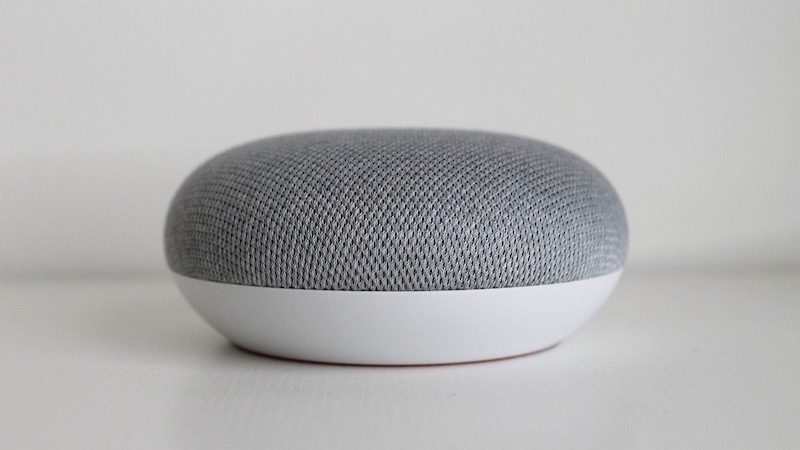In a slightly questionable email, Google informed its users about changes to language and audio settings. According to the sender, it came from “Google <no-reply@google.com>”, which could also indicate a fake message. We will take a closer look at the privacy mail.
Have you received a privacy email from Google in the past few days that you didn’t know if it was real or not?
The search engine sent an email with the subject “We’ve updated your language and audio settings” from “Google <no-reply@google.com>”.
The message may have ended up in spam. Or maybe you thought on your own that it was simply a fake message. In this case, however, the privacy mail is real. Therefore we want to take a closer look at it with you.
Privacy mail: Google sets new language and audio preferences
The message is about the privacy settings for your Google Account. In the settings, you can choose whether you can save voice and audio recordings.
For example, if you use the Google Language Wizard, Google staff can listen to, analyze, and report on your recordings. The search engine wants to use this to improve voice control.
However, you must allow Google to save and use your recordings. That’s why you received this privacy mail.
This is what the Google Privacy Mail looks like
The US-American technology portal The Verge has linked to an English PDF document in case you didn’t get the privacy mail and are curious about its content.
In the message, Google explains in more detail how the search engine uses your voice and audio recordings to improve its products and technologies.
The executive summary says, “If the audio recording setting is enabled, recordings of your interactions with Google Assistant, Google Search, and Maps will be stored and possibly used to improve the speech recognition of our products.
The updated setting does not apply to other Google services or to any audio files (previously) stored on your Google device.
Google also notes that it will periodically delete stored audio recordings. However, this is apparently only when it is not being used to enhance products and technology.










